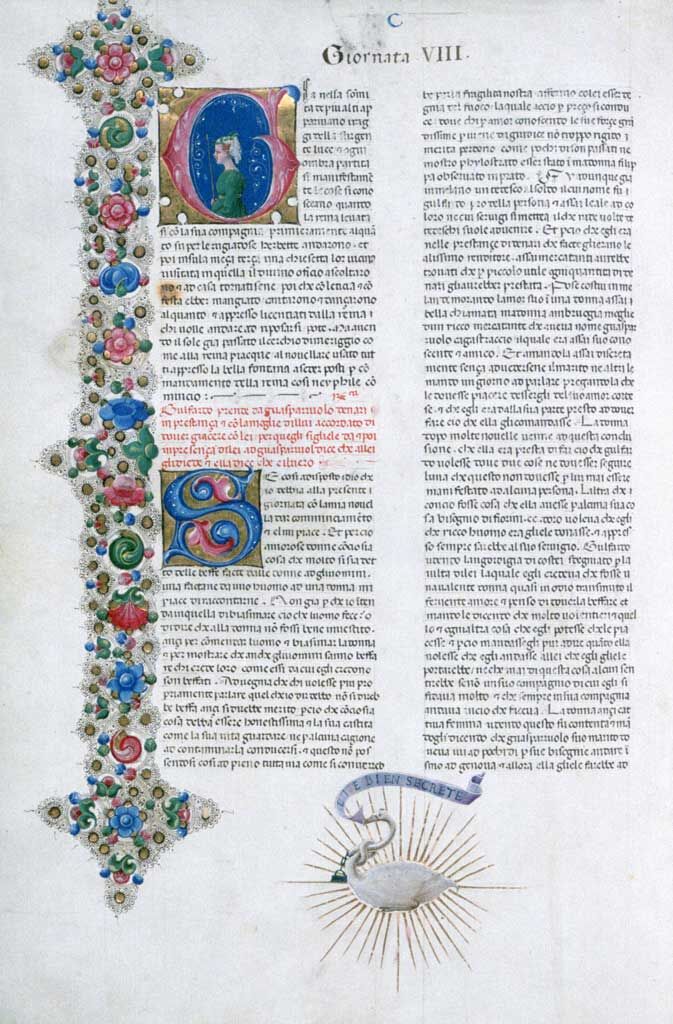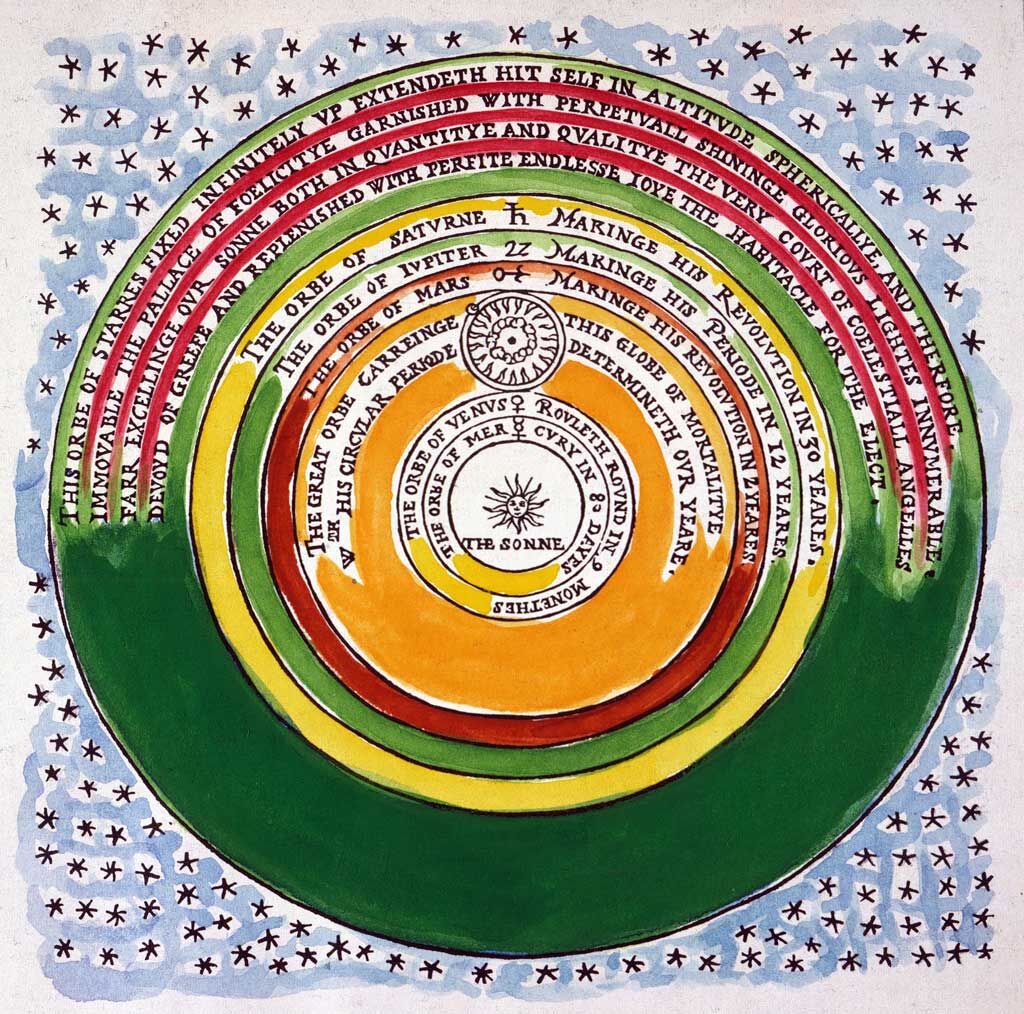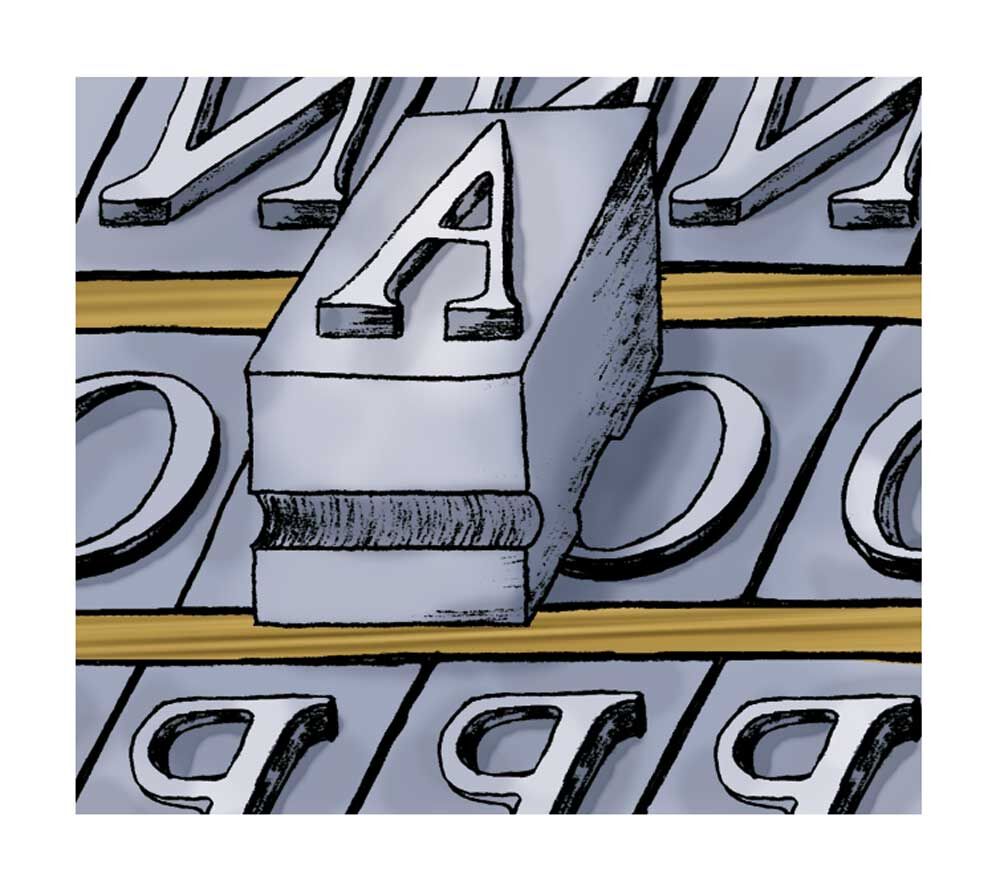We use cookies to improve and analyse your browsing experience on our web. You can accept these cookies, reject them or choose your settings by clicking on the corresponding buttons. Please note that rejecting cookies may affect your browsing experience. For more information you can consult our Cookies policy.
Cookies are an essential part of how our web works. The main goal of cookies is to make your browsing experience more comfortable and efficient and to improve our services and the web itself.
Here you can find all the information about the cookies we use and you can activate and/or deactivate them according to your preferences, except for those cookies that are strictly necessary for the operation of the web. Blocking some cookies may affect your experience on the web and how the site works. For more information you can visit our Cookie Policy.
These Cookies are necessary for the web to function and cannot be disabled on our systems. They are generally only set up in response to actions you may take such as requesting services, setting your privacy preferences, logging in or completing forms. You can set your browser to block or warn you about these cookies, but some parts of the web will not work. Information about Cookies.
These Cookies allow us to count the number of visits and traffic sources so that we can measure and improve the performance of our site. They help us to find out which pages are the most popular and least popular, and to see how visitors move around the web. All information collected by these Cookies is aggregated and therefore anonymous. If you do not allow these Cookies we will not know when you visited our web. Information about Cookies.
These cookies are used to analyse your activity in order to show you personalised advertisements. Information about Cookies.
Change theme

Revision mode


The great humanist thinkers included:
Prosperity resulted in transformations in the ways of thinking. A new intellectual movement, called humanism, emerged in Italy and spread throughout Europe. Its main characteristics were:
– Individual reflection: reason.
– Extensive studies: research.
– Practical demonstrations: experimentation.




There was a great advance in technology and scientific knowledge in general.
In the 16th century, the astronomer Copernicus proposed a revolutionary theory: the heliocentric hypothesis. This said that the Earth revolved around the Sun and not vice versa, as was commonly believed at this time.
He also made discoveries about the human body thanks to the anatomical studies of the physician Andreas Vesalius and other humanists.
These new ideas spread rapidly due to two factors:
Activity 18
Listen and choose if the following sentences are true or false.
Activity 19
Read the web page Printing, paper and books (How Gutenberg changed the world). Write a brief summary. Include an evaluation of the importance of the invention of the printing press.
Activity 20
Read this text by Pico della Mirandola.

